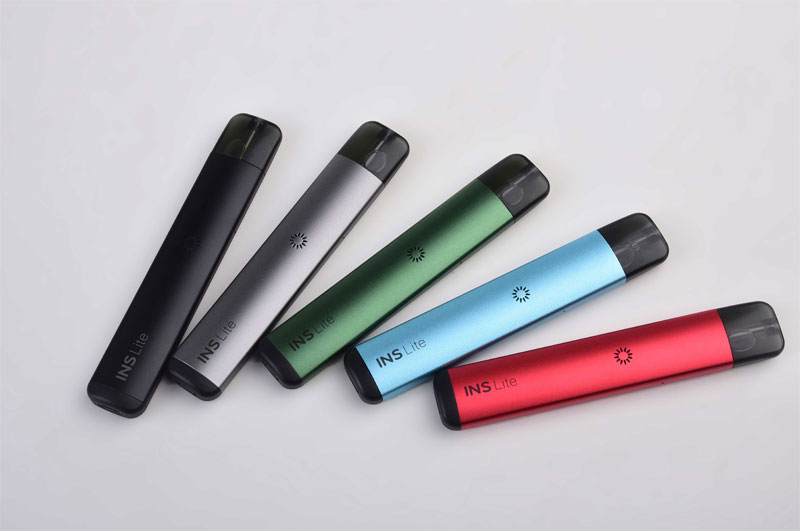The question of whether e-cigarettes are approved by the FDA is an important one for consumers looking to understand the health implications and regulatory status of these popular devices. E-cigarettes, often seen as an alternative to traditional cigarettes, have grown in popularity in recent years. However, the regulatory landscape is complex, and understanding it requires a deep dive into how the FDA categorizes these products.
The FDA’s Role in Overseeing E-Cigarettes
The Food and Drug Administration (FDA) is responsible for protecting public health by ensuring the safety, efficacy, and security of drugs, biological products, and medical devices. While the FDA has authority over tobacco products, the approval process for e-cigarettes differs significantly from that of other products it regulates.
The FDA does not give blanket approval to e-cigarettes in the way it might with traditional medications or treatments. Instead, the agency evaluates these products to determine their impact on public health. Currently, e-cigarettes fall under the category of tobacco products, and manufacturers must receive authorization from the FDA before marketing their products.
The Premarket Tobacco Application (PMTA)
As of now, companies that wish to sell e-cigarettes in the U.S. must submit a Premarket Tobacco Product Application (PMTA) to the FDA. This process allows the agency to thoroughly evaluate the product’s ingredients, delivery mechanisms, health risks, and how it’s manufactured and marketed. Through the PMTA, the FDA assesses whether a given e-cigarette product is appropriate for the protection of public health.


FDA Actions and Public Health
The FDA’s goal is to find a balance between providing adult smokers with potentially less harmful alternatives while ensuring that these products do not attract non-smokers, particularly youth. This dual objective significantly impacts how e-cigarettes are regulated and marketed.
Several e-cigarette products have been authorized by the FDA under the PMTA process, which means they can legally be sold in the United States. However, this authorization is not a blanket approval of e-cigarettes as a product category but rather a specific application approval for individual products that meet strict criteria.
Challenges and Considerations
The evolving landscape of e-cigarette regulation continues to pose challenges for manufacturers and consumers alike. For example, the long-term health effects of e-cigarette usage are still not fully understood, and ongoing research may impact future regulations. Additionally, debates around the marketing practices of these products, especially concerning their appeal to younger audiences, remain at the forefront of regulatory scrutiny.
How Are Consumers Affected?
For consumers, the lack of a universal FDA approval can cause confusion. It is crucial for users to perform due diligence on any e-cigarette product they consider purchasing. Understanding whether a product has gone through the PMTA process and received FDA authorization is critical for making informed decisions.
Frequently Asked Questions
Are all e-cigarettes FDA approved?
No, not all e-cigarettes are FDA approved. Approval is given to individual products via the PMTA process.
Can e-cigarettes be marketed as a quitting aid?
E-cigarettes are not FDA-approved as a smoking cessation aid, and manufacturers cannot legally market them for such purposes.

What is the future of e-cigarette regulation?
Regulation is likely to evolve as more research becomes available on the long-term effects of e-cigarette use and their impact on public health.